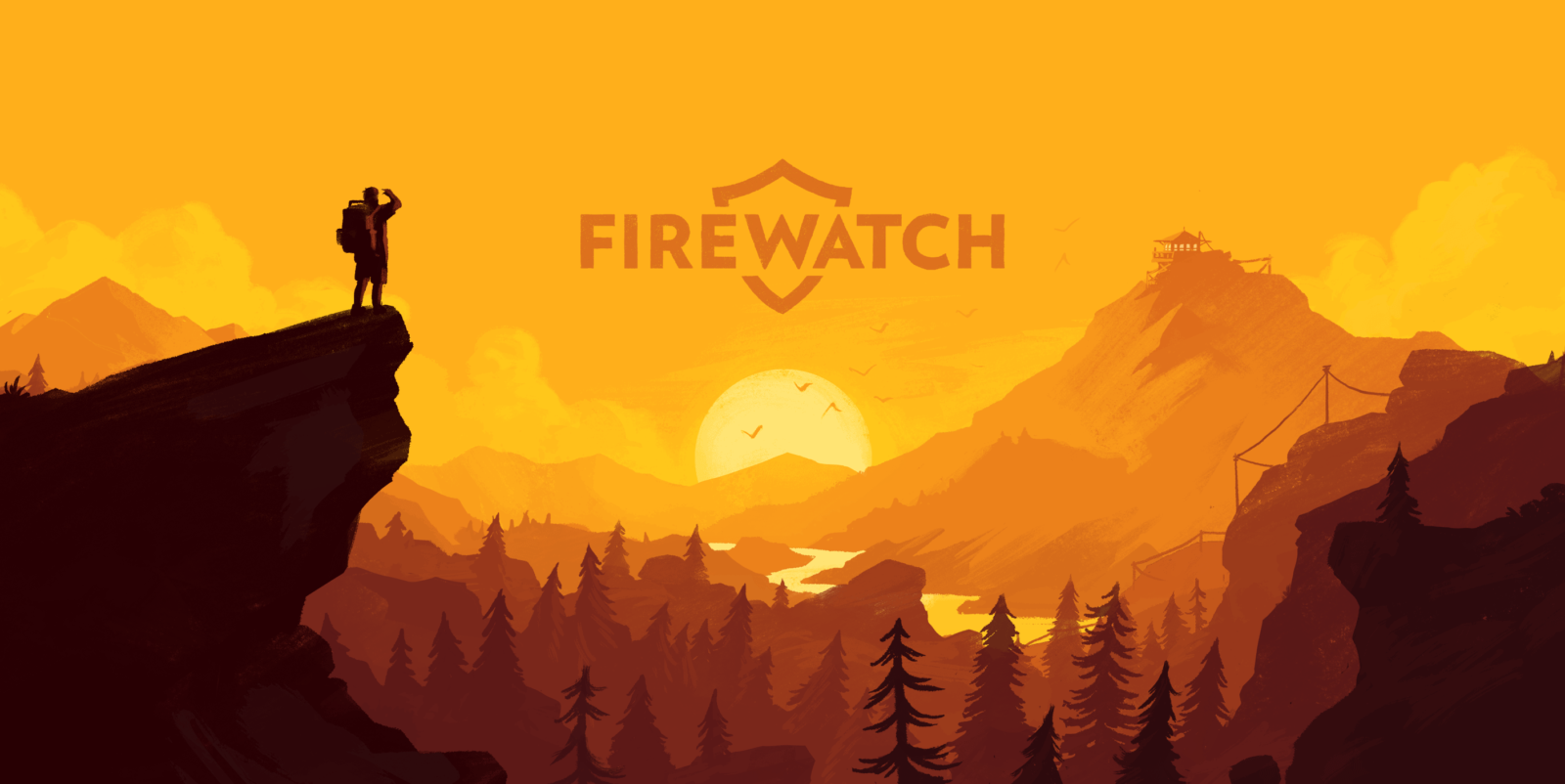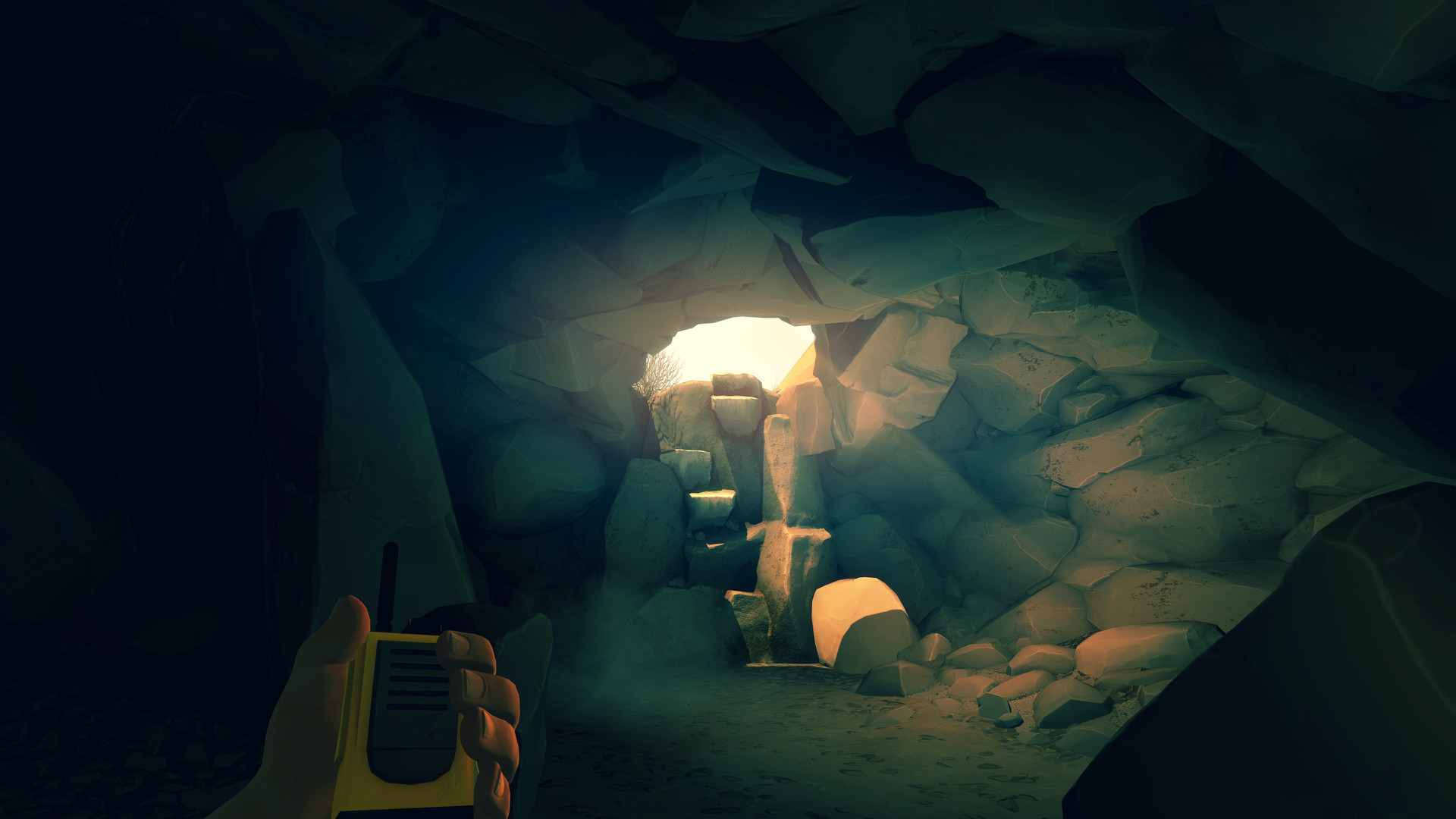
If you’re thinking to yourself, “Well that doesn’t sound like your typical video game protagonist,” you’re half right. You’re in the role of Henry (voiced by Rich Sommer), an overweight bearded guy who’s running away from his life by hiding in a fire watchtower in Shoshone national forest in the Wyoming wilderness. Prepare for all the emotions during the opening sequence.įirewatch has just come out on Steam it’s a story-driven, first-person game set in 1989, made by Campo Santo, and published by Panic, a Microsoft studio. Remember the opening sequence of Up! and how the impact of that caught you off guard in a kids’ film? I just had the same experience with Firewatch.

Sure, they’re fun, entertaining, and embed themselves into your heart thanks to that, but rarely can you say you were emotionally moved by a game. Henry and Delilah are two of the most believable, well-crafted game characters we’ve ever met (or in Delilah’s case, not met), and their relationship is a truly memorable one.Computer games rarely connect on an emotional level.

Regardless, that journey is still worth taking. It feels like the game is making a wider point, but too many of the game’s plot plots feel out of place, don’t quite add up, and it feels like the game suffers for such a rushed conclusion. It’s a setting that feels as mysterious as the game’s story, and while Firewatch’s big intrigue is a genuine page-turner that pushes you through its relatively short runtime, the journey is much, much more enjoyable than the final destination, with an ending that feels far too abrupt. The textures fade as they stretch out toward the horizon, and there’s a depth that highlights nature’s scope. Designed in part by artist Olly Moss, the game is achingly pretty, with vivid colours bathing the trees, rocks and rivers in red sunsets, crisp early mornings and genuinely eerie nights. Wandering around, talking to Delilah, the park itself feels truly vast - much bigger than the relatively confined space that it actually is - thanks to smart design and an expert use of space, which creates a sense of genuine expanse, as if you really are wandering the forests like a ranger. You’re almost always in contact with her, from Day 1 through to Day 60-odd, and it is a relationship that flourishes naturally as you play. There are no puzzles and no combat – your only hurdles are minor tasks like finding a backpack or locating the source of an odd noise in the woods, usually upon her instruction. The game relies solely on linear exploration and this conversational relationship with Delilah. Your only method of contact with her is with a brilliantly implemented walky-talky, which lets you choose dialogue options – occasionally dramatic, sometimes emotional, frequently hilarious – that are reactive to whatever it is you’re doing at any given time.

Instead, you’re kept company by Delilah, your fellow lookout and boss at the park. You may never see Henry’s face but his mannerisms give him real depth, from an excellent voice acting performance from Mad Men’s Rich Sommer, to the wonderful childlike way that his chunky limbs are animated, with a thump and a clump as you trek about the woodland. His job is a solitary one you don’t meet anyone else, or even see another human face during your time with Firewatch. Henry has come to the Shoshone to escape – to say exactly what from would be to spoil Firewatch’s magnificently well-crafted introduction, in which you choose key decisions in Henry’s life all the way up the poignant summer of 1989, when Henry took a job as a fire lookout at the park. Henry is everything in Firewatch – its voice and soul. Set in the lush, seemingly endless rocky woodland of America’s Shoshone National Forest, you are Henry. Firewatch, the debut release from small indie studio Campo Santo, is a game about people about their relationships, life decisions, and the things in life that they run away from in a hope that they’ll just disappear.


 0 kommentar(er)
0 kommentar(er)
